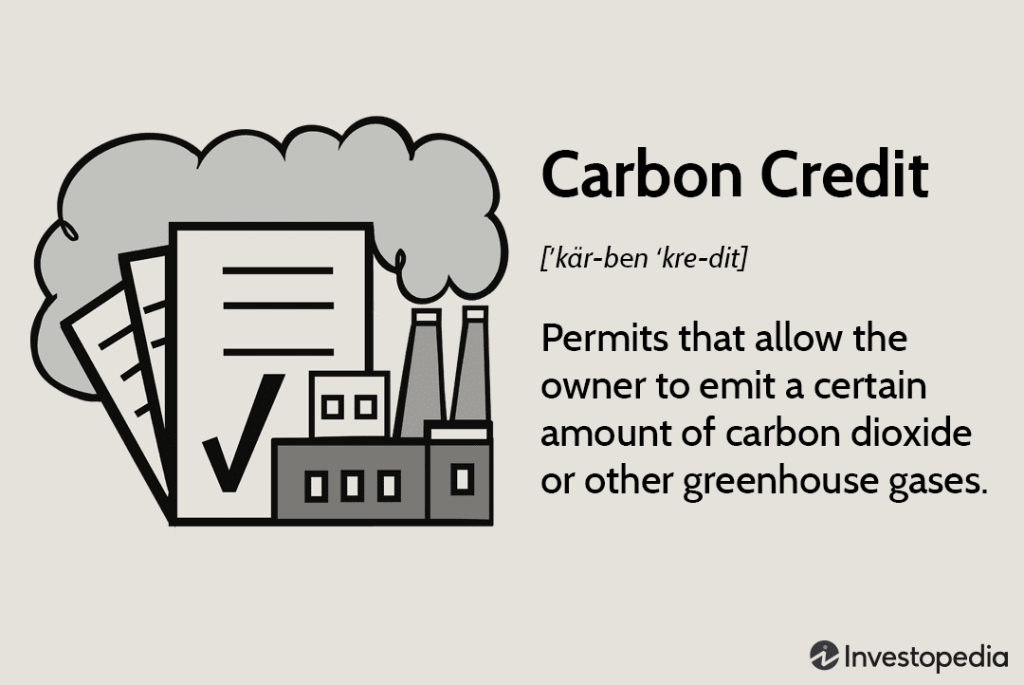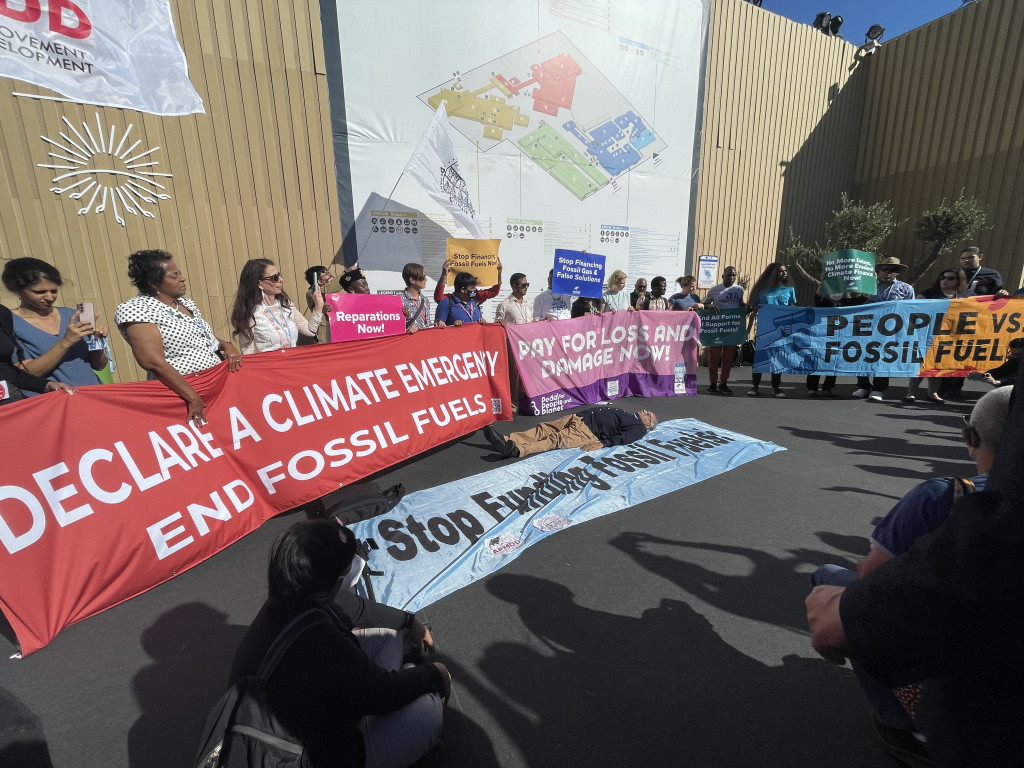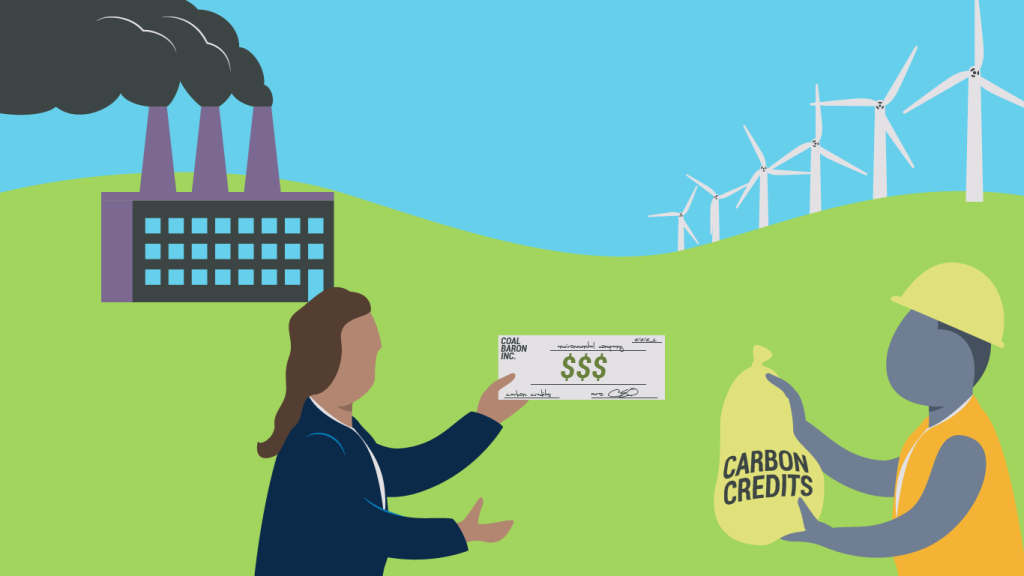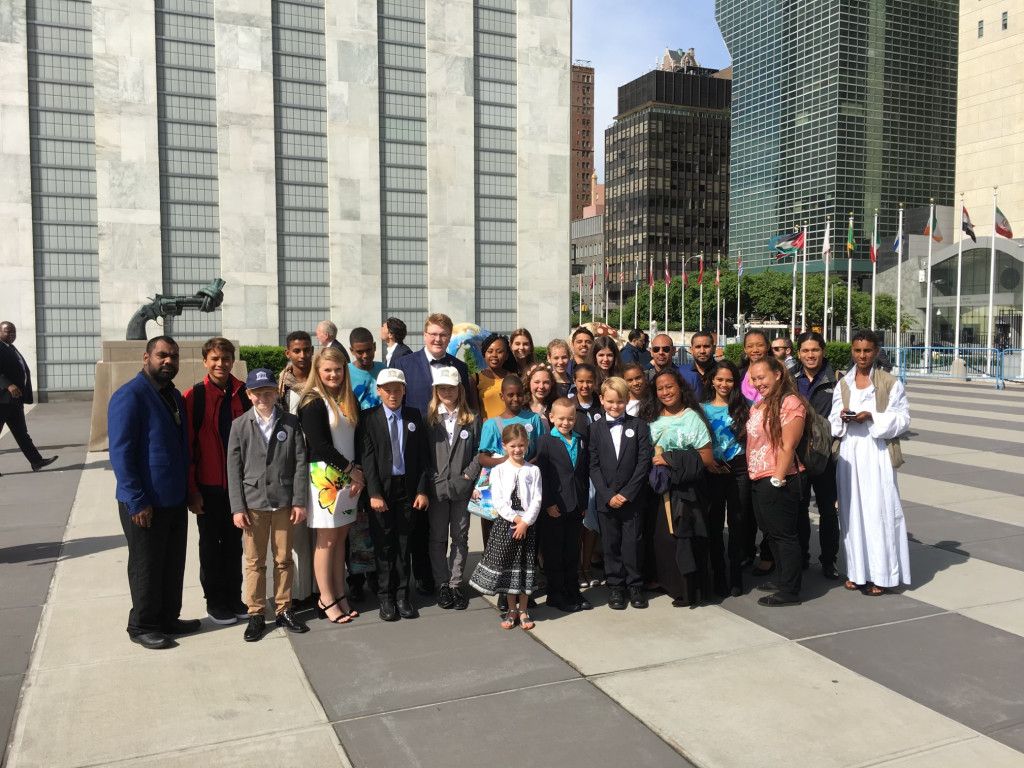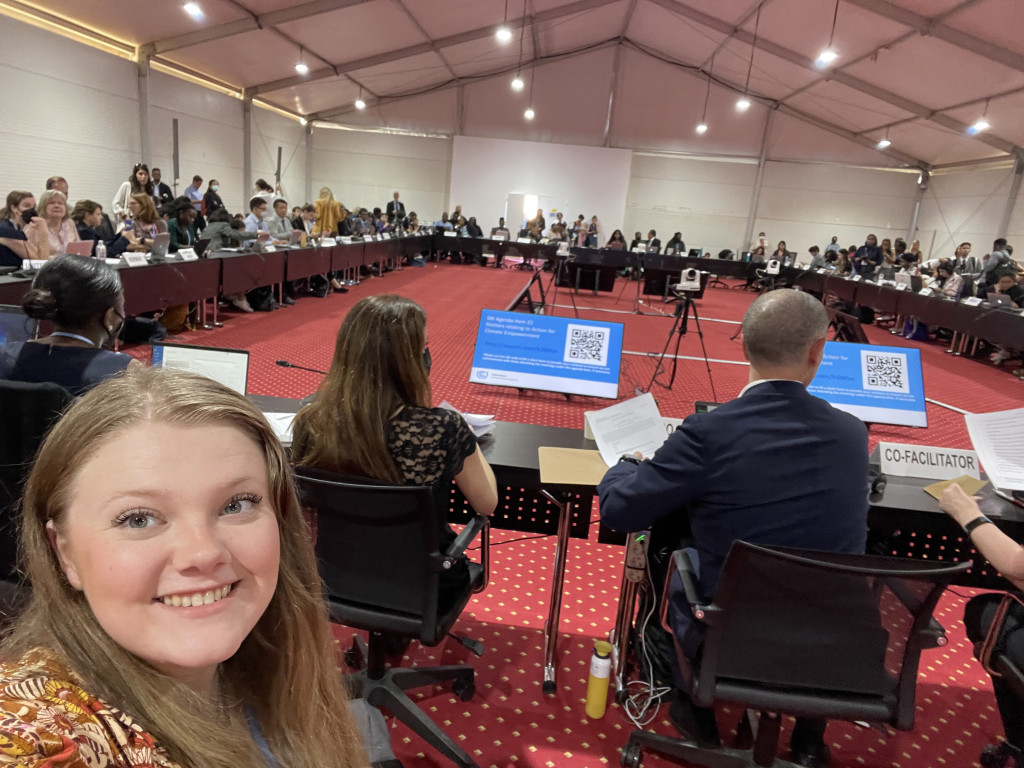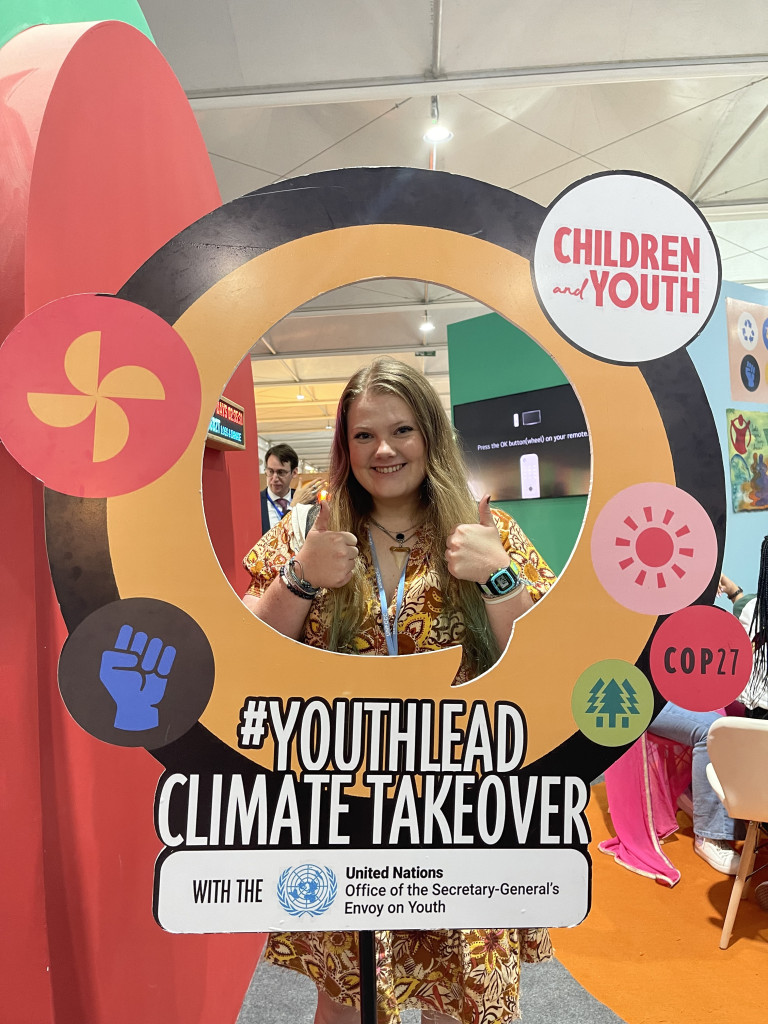Game Over: The Carbon Credit Arcade
“A voluntary carbon credit program won’t guarantee deep, real cuts in emissions – it’s tantamount to rearranging the deck chairs as the climate ship is going down.”
Rachel Cleetus
Policy Director & Lead Economist
Climate and Energy Program
The Union of Concerned Scientists
Money continues to be a main topic of discussion here in Egypt as evidenced by Wednesday, what’s called “Finance Day” at COP27, when the United States announced the creation of a carbon credit financing device called the Energy Transition Accelerator. It was one of the biggest, yet also most controversial, pieces of news here in Egypt when U.S. Special Presidential Envoy for Climate John Kerry, the Bezos Earth Fund, and The Rockefeller Foundation announced the creation of the Energy Transition Accelerator (ETA) as a tool that they are touting as a catalyst of private capital for the clean energy transition in emerging and developing economies. Joining them in support of the ETA were Chile, Nigeria, SEforALL, EDF, PepsiCo, Microsoft, RMI, C2ES, CPI, and Global Optimism.
“If we’re going to phase out fossil fuels in our energy systems, we believe voluntary carbon markets have a role to play. They must have high standards on both the supply side and demand side with appropriate environmental and social safeguards. The purpose of the proposed scheme is precisely to design and agree to such standards, then to move to implementation. The need is urgent, and we must bring people together to move the needle forward.”
Andrew Steer
President of the Bezos Earth Fund
As I mentioned in a post earlier this week, according to the IEA, the world needs upwards of four trillion dollars in clean energy investment annually, half of which is required in developing and emerging economies. The newly announced ETA process aims to design a new carbon credit program to channel private sector investment to phase out fossil fuels and accelerate renewable energy. While every idea to reduce the world’s carbon footprint should be considered, and perhaps there will be occasions where carbon credits are helpful, my fear is that allowing businesses to obtain credits for their own carbon output by making sustainable investments elsewhere is not the same thing as actually eliminating fossil fuel and gas use.
Many fear that this credit system will not be sufficient enough, when we should be demanding serious solutions to the most serious problem our planet faces. The key is to reduce our green house gas emissions and this idea of carbon credits is more akin to an arcade game where you earn credits towards winning a prize. Of course, our climate crisis is not being played in an arcade or for tokens, but in the real world impacting real people and our natural environment.
“Rapidly decarbonizing the power system around the world is fundamental to tackling the climate crisis. We appreciate that the US State Department is pursuing an innovative approach to scaling up investments and private capital to accelerate developing countries’ transition to cleaner energy. Done right, leveraging voluntary carbon markets can help unlock billions of dollars from the private sector to accelerate the energy transition. There is a reason that carbon offsets have been associated with greenwashing, which must absolutely be avoided.
I agree wholeheartedly with UNSG António Guterres that the only credible pathway to reaching net-zero starts with companies making deep emissions reductions within their own operations and value chains. At the same time, we very much welcome companies investing in high-quality carbon credits that promote climate action beyond their value chain while generating much-needed funding to hasten the energy transition in developing countries.”
Ani Dasgupta
President & CEO
World Resources Institute
Burning fossil fuels for power generation in emerging and developing economies accounted for 9.8 billion tons of CO2 emissions in 2020, double the annual emissions of the United States. Without sufficient investment to reduce these emissions it will be impossible to prevent the worst of the climate crisis. The creators of the ETA feel that a fair energy transition will offer the opportunity to connect billions of people to reliable, renewable electricity, many for the first time.
“Humanity is already being battered by climate change—at 3 degrees of warming, life for too many people will be not only hot but harsher, poorer, and more fragile. To avoid that fate, the world must come together in new ways and behind new innovations like the ETA, which could, for the first time, unlock the true potential of carbon markets to scale resources needed for clean energy transitions. Our teams will work in the year ahead to answer the hard questions required to reimagine what’s possible.”
Dr. Rajiv J. Shah
President of The Rockefeller Foundation
Over the next year, the plan is that the Bezos Earth Fund, The Rockefeller Foundation, and the U.S. State Department will engage with developing countries, political and thought leaders, climate champions, and the world’s foremost experts to design the ETA. The Science Based Targets Initiative (SBTI), the Voluntary Carbon Markets Initiative (VCMI), the Integrity Council for the Voluntary Carbon Market (ICVCM), and WRI for the Greenhouse Gas Protocol will be consulted to ensure broad alignment with best practice environmental and carbon market standards.
The intent of their plan is to gather input and expertise from the people and institutions with the know-how and networks to design an ETA that produces verified greenhouse gas emission reductions which participating jurisdictions will have the option of issuing as marketable carbon credits. The idea is that the credits could then be purchased by companies, including through advanced purchase agreements, which would create a predictable finance stream to de-risk and leverage other forms of finance. The process will focus on a methodology designed to operate at a broad or jurisdictional scale while steering carbon finance to discrete projects.
Any revenue eventually raised through the ETA would, the partners say, supplement other sources of finance being mobilized by governments, donors, and multilateral and private financial institutions in support of developing countries’ energy transition. The ETA partners plan to have 5% of the value of all credits generated through the ETA dedicated to international support for adaptation, and over the next 12 months they plan to address several challenging topics including:
- A methodology which contains rigorous protocols for crediting and for monitoring, reporting, and verification so that any carbon credits generated are real, additional, and permanent;
- Rules and safeguards, which ensure that the use of carbon credits by companies is consistent with a science-aligned net zero pathway. Participating companies will need to achieve deep reductions in their own value chain emissions, with emission reductions generated through the ETA supplementing their internal abatement;
- Parameters that maintain integrity while ensuring sufficient supply (i.e. developing country participation) and demand (i.e. company participation);
- Guidance for social safeguards, benefit-sharing arrangements and support for job creation and training in participating jurisdictions;
- Stringent end-to-end transparency guidelines.
“All that matters now is speed and scale. Corporations must urgently reduce emissions in line with a 1.5 degree pathway and they must also be part of providing much needed finance flows to support the energy transition around the world. I hope many take that opportunity.”
Christiana Figueres
Former Executive Secretary UNFCCC
Co-Founder of Global Optimism
Carbon crediting has long been a controversial topic among many in the climate movement who, like me, want to see a transition that starts with an actual reduction followed by the elimination of fossil fuels and gases by all stakeholders as soon as possible (see video above). And with that in mind, allow me to end this post as it began, with the words of Rachel Cleetus from the Union of Concerned Scientists:
“Carbon offsets are not an answer in a world already on fire, under water and facing mounting climate losses and damage. While the exact details are still unclear, the outlines of the US proposal are out of step with the science, which calls for steep, absolute emission reductions as soon as possible if we are to have any chance of meeting the goals of the Paris Agreement. The private sector can and must play an important role in tackling the climate crisis.
Low- and middle-income countries need grants-based public finance from richer countries to help them quickly transition away from fossil fuels, alongside the rest of the world. That’s what the U.S. must deliver, rather than questionable carbon offset schemes that risk allowing companies to pollute at the expense of the planet.”
Rachel Cleetus
Policy Director & Lead Economist
Climate and Energy Program
The Union of Concerned Scientists

